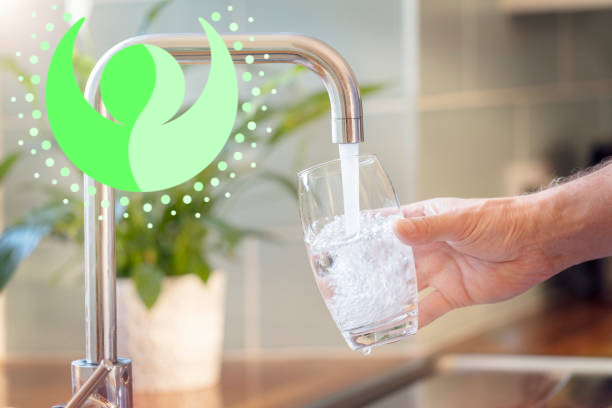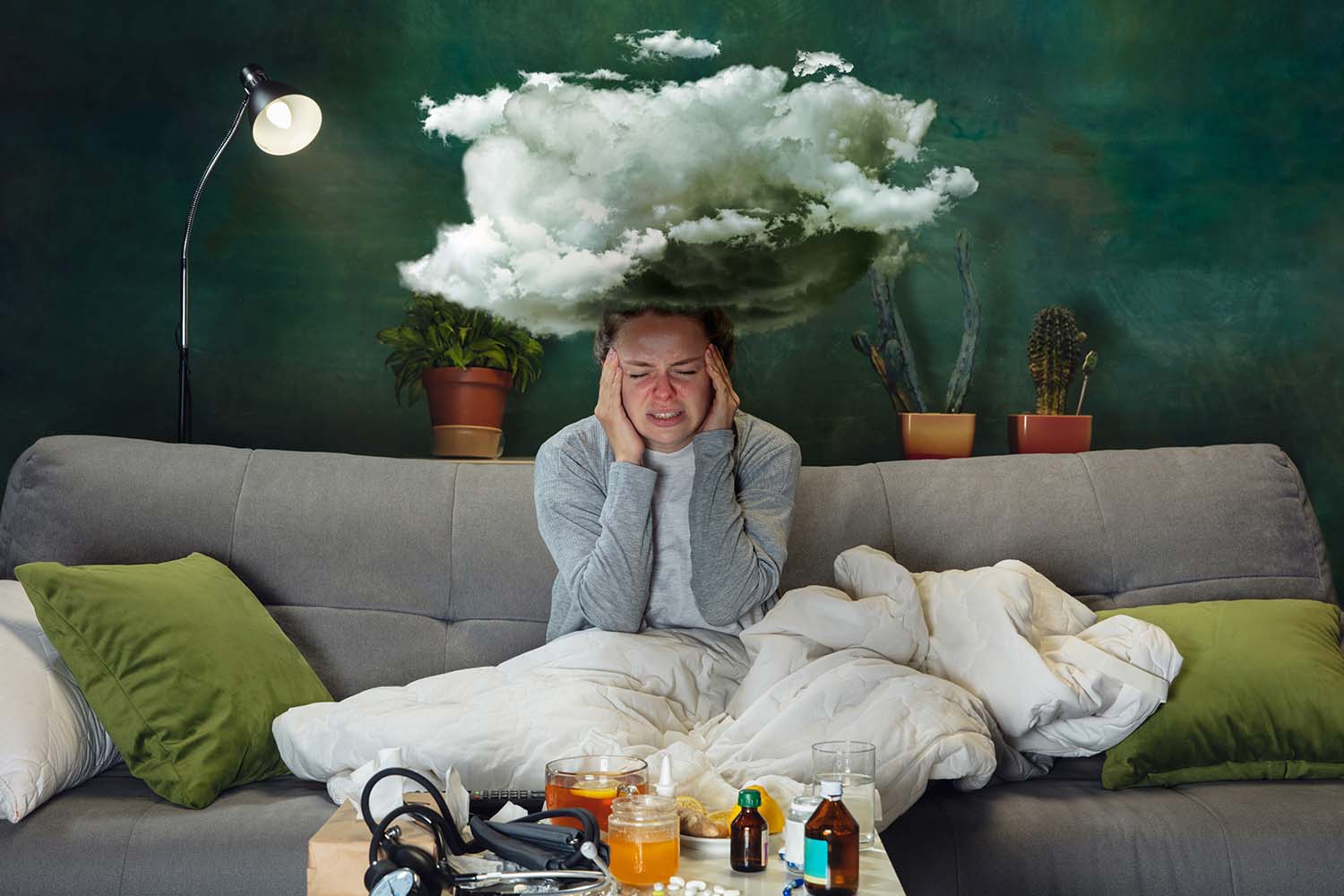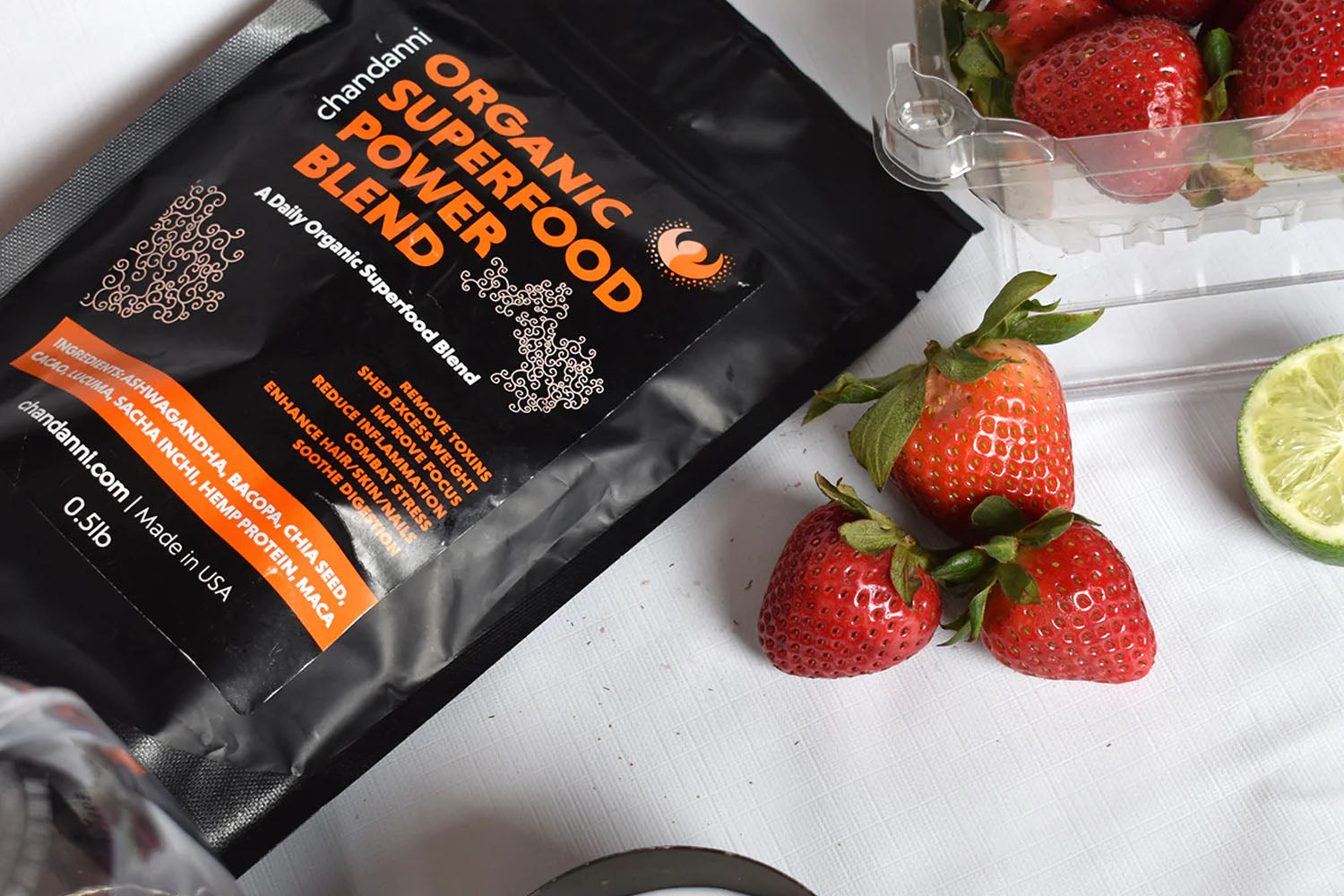
The importance of drinking water
Ronke KarunwiWhat do all living things have in common? You guessed it! We all need water to survive.
Without water, the body will shut down after a few days. Why? Your body can't function properly without water. In fact, nearly all your body's systems need water to carry out their many numerous functions.
The importance of water in our life cannot be overemphasized. You don't drink water just to quench your thirst. Water is essential to keeping your body fully functional and healthy.
Besides, the human body is made of about 60% water, so that should say a lot.
As we dive down this article, we'll take you through the impressive benefits of water to your body.
Drinking water is essential to our health and well-being. It's a necessity for life, but many of us don't know this or simply forget about it when we're in a hurry. This blog post will give you the basics about the importance of drinking water, including its effects on your body, how much you need each day, and some simple ways to ensure that you stay hydrated throughout the day.
The most obvious effect of not drinking enough water is dehydration. When you don't drink enough water, your body can't function at an optimal level. It doesn't have the fuel to power you through your day, and when that happens, your body starts to shut down some bodily functions. This can lead to headaches, constipation or diarrhea, muscle cramping, dry skin, and even more severe problems like kidney stones. Some people even fidget throughout the day when they're thirsty because their body is craving fluids.
So let's say you know the importance of drinking water – why isn't it happening? Many of us make a conscious effort to drink water regularly, but we also have busy lives that can get in the way. This next section will give you some tips about how to ensure that you are drinking enough water no matter how busy your schedule gets.
Staying hydrated can be as simple as understanding how much water you need each day and setting reminders throughout the day to ensure that you are drinking enough water. Your daily goal should be about 10 cups of water a day (roughly 1/2 gallon).
How much water should you drink a day?
It is recommended that you drink 1.5 – 2 liters of water a day or about 1/2 – 1 gallon. This means that each hour (1/6 hour) of the day is an opportunity to drink at least 60 drops of water. You can think of these as tiny droplets of water that will help take care of your body and keep you running smoothly throughout your day.
Health benefits of water to the body
We all know for your body to function correctly, it needs water. But how true is this?
Let's dig in!
-
Drinking water Helps you Maintain the Balance of Body Fluids
Your body fluids are responsible for digestion, circulation, creating saliva, absorption, transportation of nutrients and waste, and even maintaining your body temperature.
Naturally, since your body is composed of about 60% water, your body fluids also contain water.
When you don't have enough water in your system, some vital processes in your body can be affected.
In fact, water is so crucial for cell processes that your brain tells your kidneys how much water to excrete as urine and how much water to conserve. So when you're low on fluids, the brain sends signals to make you feel thirsty and dehydrated.
Top tip: When you feel thirsty, I advise you to listen to your body and get a drink of water.
-
Water Can Help You Lose weight.
Yes, you read that right. Drinking water can help you lose weight. For many years, people trying to use weight always drink lots of water. While drinking water doesn't help you actually burn fat, it works as an excellent substitute for higher-calorie beverages like soda.
Water does not affect your weight, but choosing water over a sugary beverage will help you feel fuller faster and help you reduce your calorie intake.
-
Drinking Water will keep your Muscles Energized.
When your muscle cells can't maintain the proper balance of fluids and electrolytes, it shrinks, and this can cause muscle fatigue. So, when you are dehydrated, your muscles overwork, and you won't be able to reach peak performance.
Water is crucial to staying hydrated and energized, especially when exercising. According to research with some athletes, it is highly recommended you drink about 17 ounces of fluid about 2 hours before you exercise. Drinking water will keep your cells active and will prevent you from muscle fatigue.
Additionally, as you exercise, your body also loses fluid by sweating, so drinking water can help you replace the lost fluids.
-
Water Helps Keep your skin clear and healthy
Drinking water may seem like a simple approach compared to your other skincare routines - Nonetheless, drinking water can maintain and give you radiant, good-looking skin.
The reason is, the skin contains plenty of water. The skin serves as a protective layer that prevents excessive loss of fluid from the body.
While drinking water can help you clear your skin, drinking too much water won't magically erase wrinkles or fine lines.
Dehydration will cause your skin to look wrinkled and unhealthy. But water helps to bring life back to your skin.
It shouldn't come as a surprise that most ski experts recommend a good moisturizer to lock moisture into your skin.
If you're on the hunt for a good moisturizer, you can try Chandanni's face grace moisturizer.
The organic moisturizer is made for all skin types, including children and teenagers. It works on aging skin and helps to heal, nourish balance, and increase the skin's moisture barrier.
Top tip: I recommend you use it two times a day after cleaning your face and neck.
FACE GRACE MOISTURIZER | ORGANIC FACE MOISTURIZER
- 𝐊𝐄𝐄𝐏𝐒 𝐘𝐎𝐔𝐑 𝐅𝐀𝐂𝐈𝐀𝐋 𝐒𝐊𝐈𝐍 𝐇𝐘𝐃𝐑𝐀𝐓𝐄𝐃 - With Chandanni Face Grace Green Moisturizer gifts your skin a frequent dose of hydration to keep it well hydrated and healthy. This fast-absorbing, no grease face cream hydrates, nourishes, and heals the skin.
- 𝐈𝐃𝐄𝐀𝐋 𝐅𝐎𝐑 𝐀𝐋𝐋 𝐒𝐊𝐈𝐍 𝐓𝐘𝐏𝐄𝐒 - Unlike other inferior moisturizing creams, Chandanni Face Moisturizer is excellent for all skin types. Do you have sensitive skin, dry skin, normal skin, and need to keep it hydrated, well our face moisturizer will be perfect for your skin.
- 𝗛𝗘𝗟𝗣𝗦 𝗦𝗞𝗜𝗡 𝗛𝗘𝗔𝗟 𝗙𝗔𝗦𝗧 - Face Grace is also excellent on cuts and grazes as it heals and accelerates the healing process. The rich cream is loaded with nutrients and ingredients that will heal, protect and satiate the skin with moisture. It acts as a serum and also great as a primer.
- 𝗡𝗔𝗧𝗨𝗥𝗔𝗟𝗟𝗬 𝗦𝗢𝗨𝗥𝗖𝗘𝗗 𝗜𝗡𝗚𝗥𝗘𝗗𝗜𝗘𝗡𝗧𝗦 - Unlike other chemically prepared facial products, we use traceable Ingredients. That includes; Organic Sesame Oil, Organic Almond Oil, Essential Oils of Chamomile, Calendula, Lavender, and Rosewood.
- 𝗦𝗔𝗙𝗘 𝗔𝗡𝗗 𝗚𝗘𝗡𝗧𝗟𝗘 𝗧𝗢 𝗬𝗢𝗨𝗥 𝗦𝗞𝗜𝗡 - We are keen on product ingredient selection, and we only use ingredients that are organic, non-GMO, gluten-free, sustainable, fair trade, cruelty-free, and nature-derived. Use this hydrating face cream with confidence, and you will enjoy the results.
-
Water protects Your Kidneys.
Your kidneys work overtime excreting the harsh toxins you come in contact with. After a while, your kidneys can become overwhelmed.
Nonetheless, your kidney's performance ultimately lies in the amount of water in your system.
For instance, water dissolves blood urea nitrogen so that it can pass through the kidneys to be excreted in the urine.
The water in body fluids transport also helps transport waste products in and out of cells.
As long as there is adequate water in your system, your kidneys should work perfectly and rid your body of toxins.
If you're not drinking enough water, your urine will appear darker, with a pungent smell. In fact, you may be at a higher risk for kidney stones.
When you're getting enough fluids, your urine will be almost colorless, without any odor.
If you don't like chugging glasses of water, another excellent alternative to reduce the toxins on your kidney is detoxifying.
Detoxifying will help you ease the workload in your kidney by getting rid of toxins that have accumulated in your liver and kidney.
Chandanni's 14 Day Liver Detox program will reset the whole body and mind naturally and effectively.
-
Water Helps Maintain Normal Bowel Function.
Adequate hydration keeps things flowing along your gastrointestinal tract and prevents constipation. When you don't get enough fluid, the colon pulls water from stools to maintain hydration, resulting in constipation.
"Adequate fluid and fiber is the perfect combination because the fluid pumps up the fiber and acts like a broom to keep your bowel functioning properly.
-
Water improves your brain function
The brain is made up of roughly 73% water. It shouldn't come as a surprise that there is a strong link between your brain function and how hydrated you are. Every cell in your body needs water to function, and the brain cells are no exception.
Water helps to transport oxygen and nutrients to the brain cells so that they can function correctly. Naturally, your mental functions can suffer when you are dehydrated.
-
Prevent headaches
Headaches can be excruciating, and sometimes, they aren't due to any underlying disease. Infact, one of the most common causes of headaches is dehydration. When you don't have enough water in your system, your brain contracts due to fluid loss. As your brain contracts, it withdraws from the lining of the skull, causing a headache. If you have a headache, you should try and drink water.




